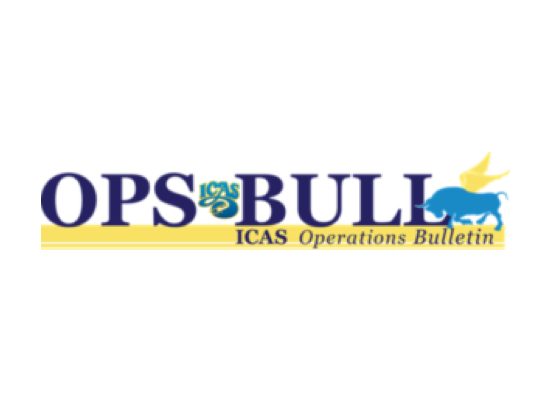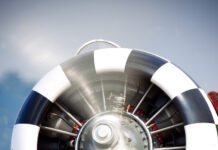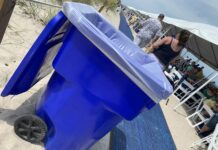Later this year, ICAS and the air show community will enter the second decade of its ongoing effort to change the culture of air show safety. Ultimately, the success that we’ve had in this effort comes down to simple decisions made by individual performers, air bosses and event organizers. Although it is difficult to know when one of those decisions might have prevented an accident, ICAS would like to showcase those individuals who made sometimes difficult decisions in 2016 that helped to promote and ensure safety.
- On June 19 at the OC Air Show in Maryland, when air show performer Jeff Boerboon felt an unfamiliar, but persistent vibration during run-up, the Jack Links Screamin’ Sasquatch jet-powered Waco biplane cancelled its performance for that day. The problem was later identified and fixed.
- On the evening of Friday, September 23, when organizers of the Wings of Freedom Air Show in Sydney, Montana received weather reports that made it clear that it would be difficult to launch airplanes the next day, Bryan Prevost and his team made the safe decision. They told their community on Friday night that Saturday’s show was cancelled and that Saturday tickets would be honored on Sunday. The Sunday show went off without a hitch.
- On Saturday, October 1 in Sacramento, California, the U.S. Navy Blue Angels cancelled their scheduled performance when Team Lead Commander Ryan Bernacchi was diagnosed with food poisoning. And that decision was supported by everybody involved with the California Capital Air Show. Commander Bernacchi recovered overnight and the team performed without incident on Sunday.
- In early November, when rain, poor visibility and low ceilings created a still-legal, but potentially dangerous situation at the beginning of the Jacksonville Sea and Sky Air Show, air show performers Bill Stein and Rob Holland opted to delay their take-off and performance until conditions improved. Conditions did improve and, after a 15-20 minute delay, the show continued.
- As part of a seminar session scheduled for last month’s ICAS Convention in Las Vegas, ICAS learned that multiple pilots who experienced spatial disorientation prior to scheduled air show performances in 2016 opted to take the safe route and stand-down on that day.
Kudos to all of these ICAS members and all of the other air show professionals who, when confronted with a simple decision to stand-down for safety reasons, opted to do the safe thing. These are not always easy or popular decisions to make, but they must be supported by anybody who wants to improve safety in our industry. And, if you’ve got an example of when an ICAS member made a decision that put “Safety First,” please share it with us here at ICAS headquarters.








